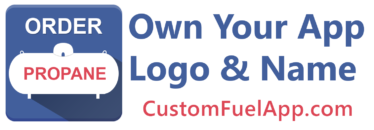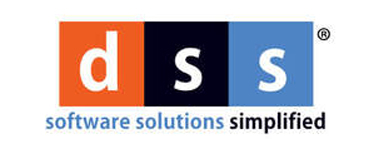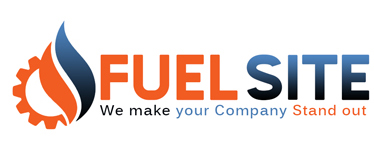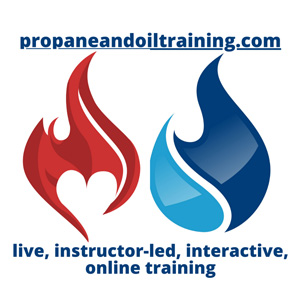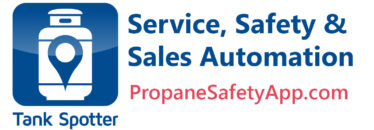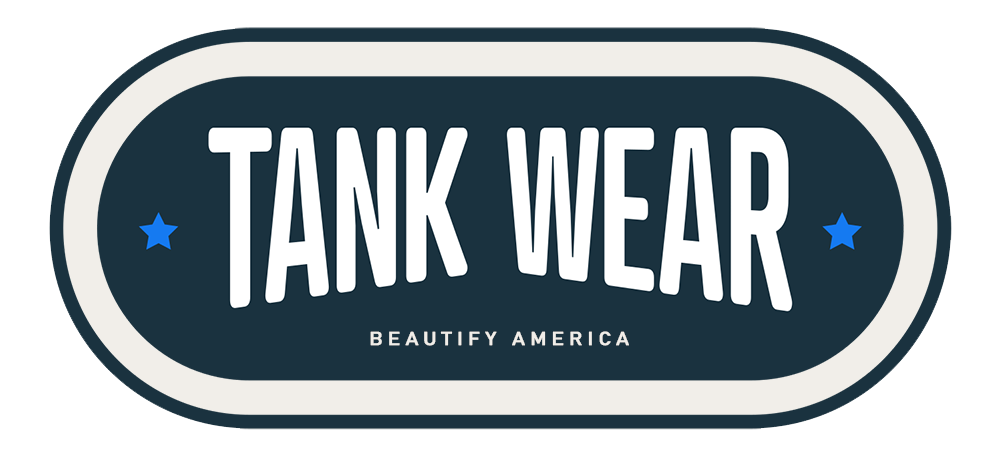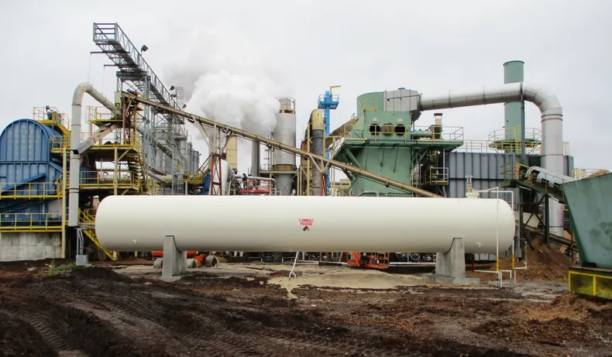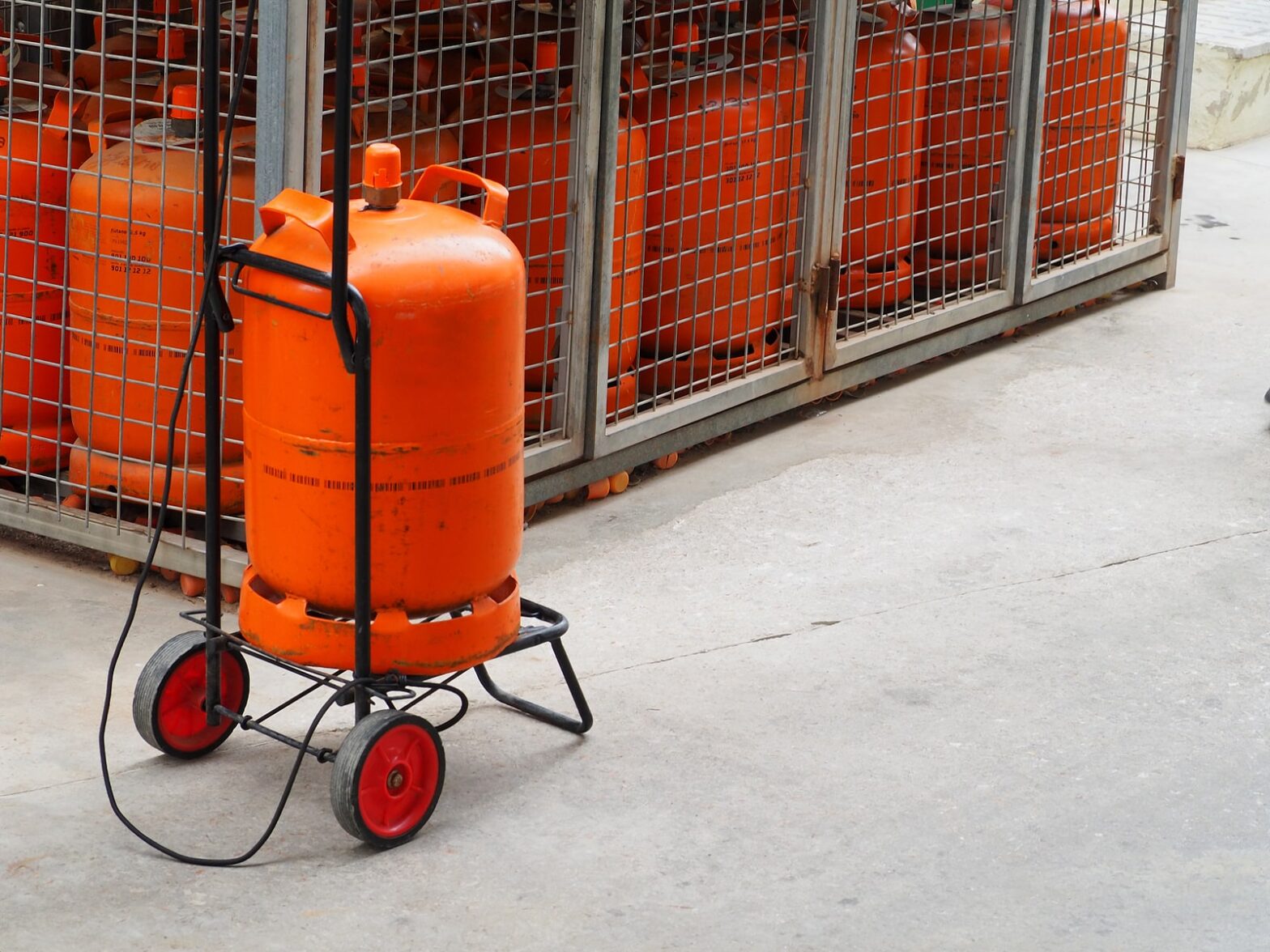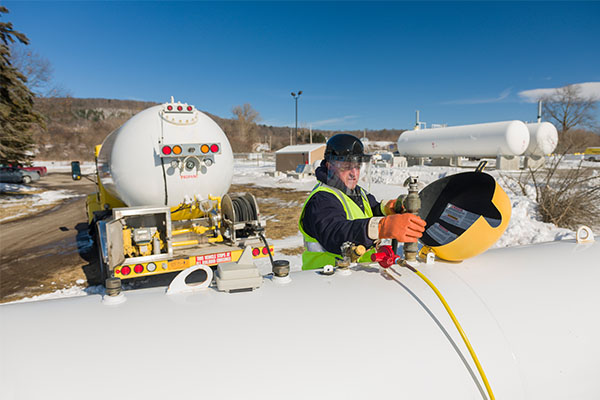Staying Ahead of Regulations in Propane Delivery

For propane delivery companies, adhering to regulations is not merely a legal obligation but a commitment to safety, environmental stewardship, and quality service. With an industry full of regulations that are consistently updated, staying informed and compliant is a task that requires diligence and a proactive approach.
The Essentials of Regulatory Compliance
Regulatory compliance in the propane delivery industry encompasses a broad range of areas, including, but not limited to, transportation, storage, distribution, occupational safety, and environmental protection. Various governmental agencies enforce these federal, state, and local regulations. Non-compliance can lead to significant fines, legal ramifications, and damage to a company’s reputation.
1. Understanding the Regulations:
The first step to compliance is understanding the regulations that apply to your business. This includes Department of Transportation (DOT) regulations for the transport of hazardous materials, Occupational Safety and Health Administration (OSHA) standards for employee safety, and Environmental Protection Agency (EPA) guidelines for the protection of the environment.
2. Providing Training and Education:
Ongoing training for all employees is crucial. This ensures that everyone from the management team to the delivery personnel knows their responsibilities under the law. Investing in regular workshops and educational resources keeps the knowledge fresh and compliance at the forefront.
3. Staying Informed of Changes:
Regulatory requirements can change, and it’s vital to stay current. Subscribing to industry newsletters, attending conferences, and participating in industry associations can be effective ways to stay informed about updates and new regulations.
4. Welcoming Compliance Audits:
Regular internal audits help identify areas where the business may fall short of regulatory requirements. These audits should be followed by prompt action to address any issues.
5. Keeping Careful Records:
Meticulous record-keeping is a cornerstone of regulatory compliance. Maintain detailed logs of deliveries, storage, vehicle maintenance, and employee training. This serves as evidence of compliance and can be invaluable in identifying trends and areas for improvement.
6. Investing in Compliance Tools and Software:
There are numerous tools and software solutions designed to aid in compliance management. These can automate parts of the compliance process, such as tracking driver hours, vehicle inspections, and incident reporting.
7. Engaging Compliance Experts:
Engaging external experts specializing in regulatory compliance may be cost-effective for many companies, especially smaller ones. These professionals can provide guidance tailored to the specific needs of the company.
The Many Benefits of Regulatory Compliance
Regulatory compliance is an ongoing process that demands attention and resources. However, the investment in staying compliant pays off by avoiding the pitfalls of non-compliance, such as fines, legal troubles, or worse, accidents and safety breaches. For propane delivery companies, a thorough understanding of regulations, continuous employee training, active engagement with industry changes, and robust compliance strategies are the keys to running a safe, responsible, and successful business. By taking these steps, a company protects itself and gains the trust of customers and the community it serves.









